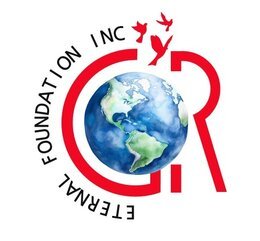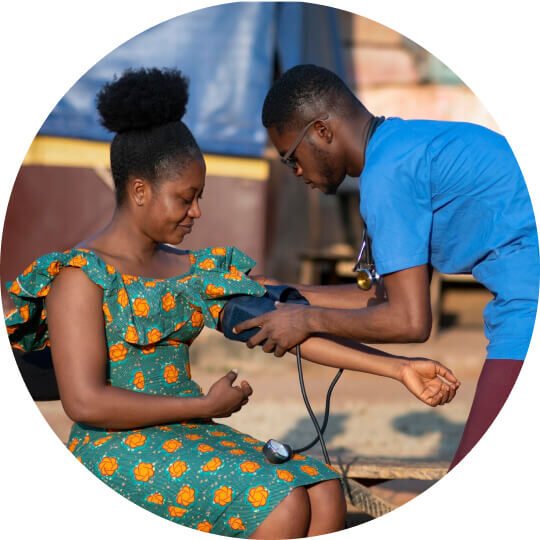
Addressing
Health Crisis
The Challenge
In many parts of the world, particularly in third-world countries, basic healthcare is not a given—it is a luxury. Millions of people face overwhelming challenges daily, struggling with limited medical resources, rampant diseases, and poor living conditions. These challenges are not just statistics; they represent real people who need our help.
Our Mission
At GR Eternal Foundation Inc, we are committed to changing this distressing narrative, one community at a time. Our mission is to bring hope and health to those who are most vulnerable, ensuring they receive the care and support they need to live healthier, fuller lives.
Understanding the Health Crisis

Limited Medical Facilities and Resources
In many developing countries, there are simply not enough healthcare facilities to meet the needs of the population. Those that do exist are often poorly equipped and underfunded. This means that even basic medical care is out of reach for many, and specialized treatment for more severe health issues is even scarcer.

Widespread Diseases
Diseases such as malaria, HIV/AIDS, and tuberculosis pose significant health risks in many third-world nations. These diseases thrive on poverty and the lack of adequate healthcare infrastructure, creating epidemics that devastate communities.

Limited Access to Clean Water and Sanitation
Clean water and proper sanitation are essential for good health, yet many communities lack access to these basic necessities. The lack of clean water leads to waterborne diseases, which are among the leading causes of illness and death in children.

Poor Nutrition and Hygiene
Many people in third-world countries suffer from poor nutrition, which weakens their immune systems and makes them more susceptible to diseases. Additionally, a lack of education about hygiene practices further compounds these health risks.
Our Response
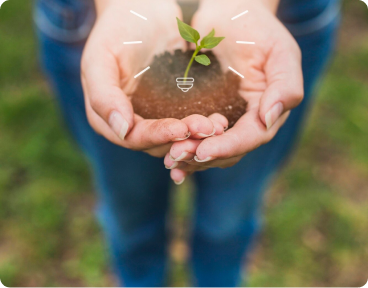
Building Healthcare Infrastructure
One of our primary goals is to improve healthcare accessibility by building and enhancing medical facilities within underserved communities. We work to equip these facilities with the necessary medical supplies and technology to treat patients effectively. By improving infrastructure, we can make healthcare more accessible and efficient.
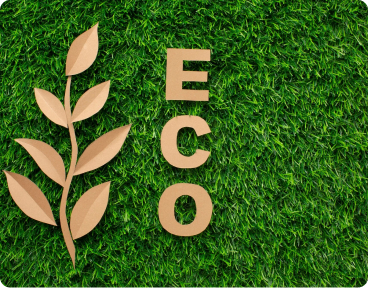
Enhancing Nutrition and Education
We address malnutrition by distributing food supplies and teaching sustainable farming techniques that help communities grow their own nutritious food. Additionally, we offer education programs on nutrition and hygiene to improve daily health practices.
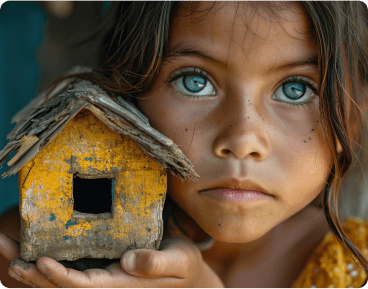
Improving Water and Sanitation
To combat the lack of clean water, we initiate and support projects that provide communities with sustainable water sources. This includes constructing wells and installing water purification systems. Furthermore, we promote good sanitation practices by building latrines and educating communities on the importance of hygiene.

Disease Prevention and Treatment
We actively work to prevent and treat widespread diseases through education, vaccination programs, and treatment programs. Our initiatives include:
- Malaria prevention through mosquito net distributions and community education about mosquito control.
- HIV/AIDS education and testing services, along with antiretroviral treatments.
- Tuberculosis screening and comprehensive treatment programs.
How You Can Help
Every contribution, no matter the size, helps us extend our reach and save more lives. Here are ways you can help:
Donate: Your donations fund essential medical supplies, infrastructure projects, and educational programs.
Volunteer: We need volunteers both on the ground and in administrative roles.
Advocate: Raise awareness about these critical health issues and the need for support by sharing information within your networks.
Join Us
Every effort counts, and every contribution brings us closer to our goals. Join us at GR Eternal Foundation Inc, and be a part of a global movement to create a brighter future for all. Together, we can transform lives, communities, and eventually, the world.
